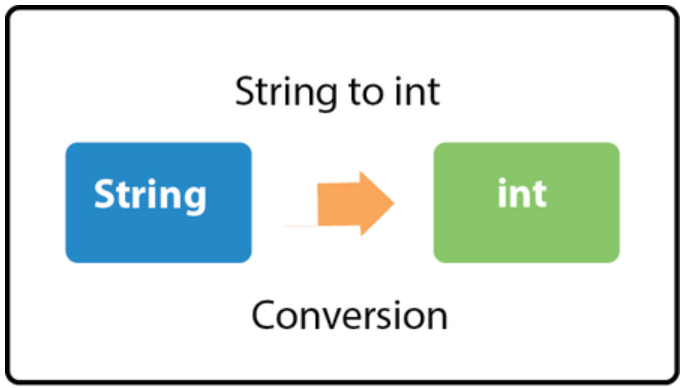Groups Of Close Friends At School

Friendship is a crucial part of a child’s emotional development. It helps them to be independent, makes decisions, and maintain relationships that mark them for life. It all starts at school with a close group of friends who distinctively shape their behavior.
The confidence and autonomy of a child grow from friendships. The first friends are obtained in the school, where the little one learns what it means to share and establishes relationships outside the family circle. Close friend groups in the school stage have a particular influence on them, and that is why, as a parent, you need childcare to pick up software.
What Is A Close Group Of Friends?
At school, so-called cliques or groups of close friends have common interests, but they work differently. They are small exclusive societies; that is, anyone cannot be part of it. They have leaders who decide how things should be done, and their members cannot be friends with others outside the group.
Characteristics Of The Closed Group Of Friends
The cliques have specific differences with the groups of traditional friends, and close friends’ groups have more specific social dynamics. The right of admission is reserved: they are exclusive. The young man who does not meet the established norms runs the risk of being rejected and expelled from the group. They even dress in ways that identify themselves as members of a separate team.
Negative Consequences For The Child
Children who are part of a closed group of friends at school suffer the pressure of following strict rules. A particular jargon and dress identify them, and, on occasion, they are pressured to participate in dubious activities, such as harassing others on the Internet, skipping school (most schools have attendance tracking software though). If they do not, they can be targets of teasing and physical violence by their peers.
The fear of being expelled from the closed group of friends generates anxiety in the child to fit in. To be part of that micro-society, they are forced to wear branded clothes and take actions that make them famous. This is most noticeable from the 4th and 5th grade of primary school, in preadolescence.
Problems Caused By Close Friend Groups
The desire to stand out is powerful in children who begin adolescence. Belonging to a closed group of friends can cause the child to become antisocial. Usually, the little one can have:
- Mixed feelings and emotional conflicts over the difficult decision to do right or wrong
- The pressure to change your appearance and personality
- Threats to follow unhealthy rules, such as discrimination against other children
- Coercion to participate in small criminal acts
- Loneliness, anguish, or depression
How Can I Help My Son?
The first thing you should do is to meet your children’s friends at school. Do some research on how you relate to them like parent pick up, what activities they do together. Try also to meet the parents of your friends and maintain constant communication with their teachers. Getting familiar with your school environment will help you a lot to know if your child belongs to a closed group of friends.





